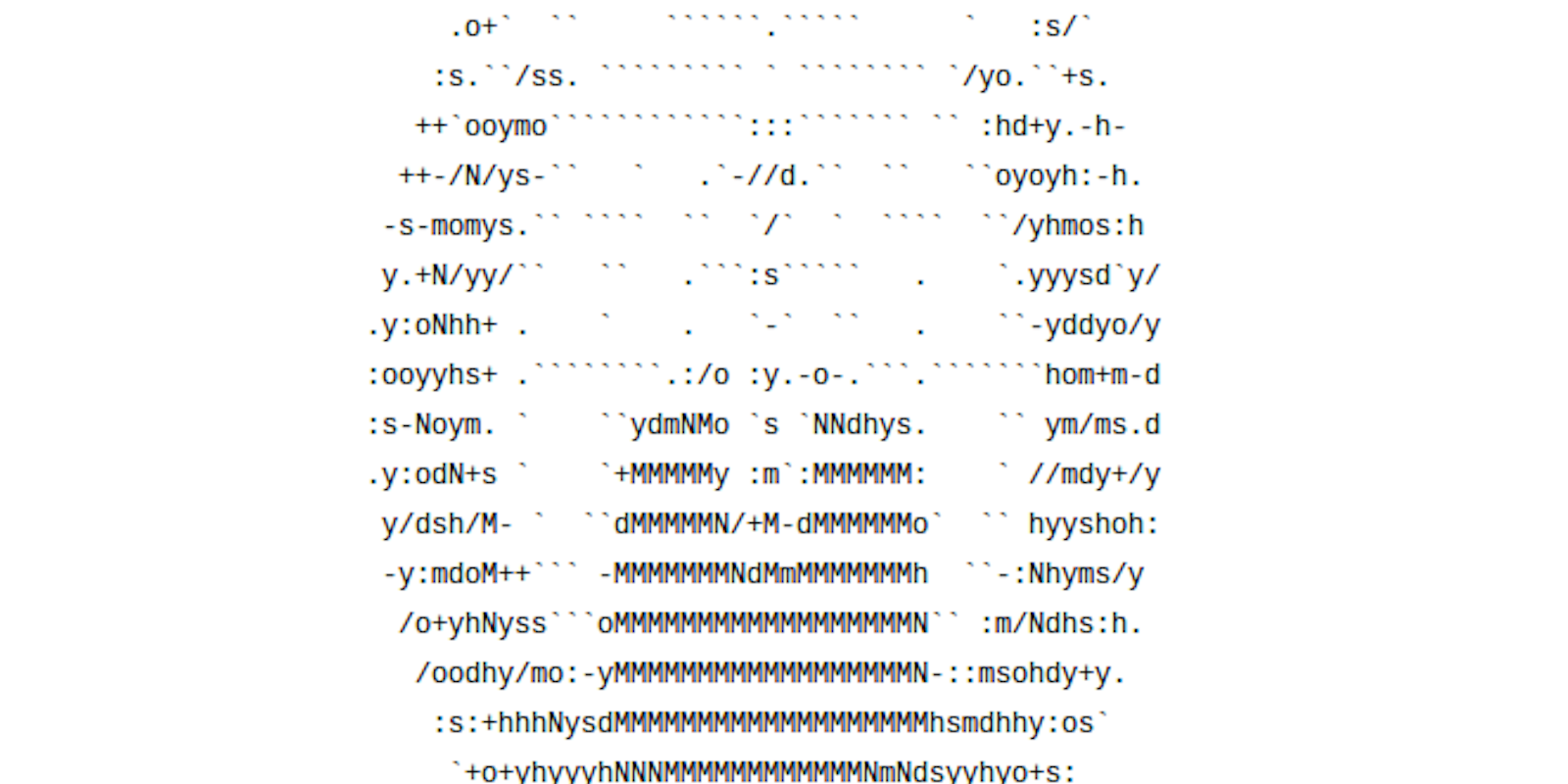Sprawling surveillance and intel system TrapWire has previously drawn the wrath of hacktivists, WikiLeaks supporters, and Anonymous for its omniscience and seemingly omnipotent mission: to track everyone, everywhere in public and analyze them moment by moment to decide whether or not they constitute a threat.
Now, Anonymous has struck back.
They doxed—i.e. released personal information for—Richard Hollis Helms, CEO of TrapWire and its corporate parent Abraxas.
Speaking of parentage, the document did not clarify if this Richard Helms is related to the late Director of the CIA, also Richard Helms.
Releasing his address, phone number, wife’s name, email addresses, and unimpressive arrest record (speeding, expired plates, failing to obey a sign) probably exposes Helms to no real danger.
Without banking information, there is no financial risk. He may face a deluge of spam emails and will cut a slightly less impressive figure at cocktail parties once his neighbors know he lost $1,278,100 on the value of his house in the real estate slump, but physical attacks as a result of doxing are rare enough that searches including “doxing” and “attacks” primarily return page after page of “Anonymous attacked over doxing” results.
Trapwire came to prominence earlier this year, when WikiLeaks discovered references to a partnership between the organization and hacked private intelligence firm Stratfor. At the same time WikiLeaks was attempting to reveal the relationship, it was the victim of a sustained distributed denial of service (DDoS) attack, shutting down its website. The episode caused a sudden flurry of attention for Trapwire which collates information from disparate local and national security agencies, eventually making #trapwire the top trending tag on Twitter in August.
The doxing may not have the scope of the HBGary hack last year, which destroyed data and published emails from the computer security government contractor, but it is far more personal.
Photo via Pastebin
